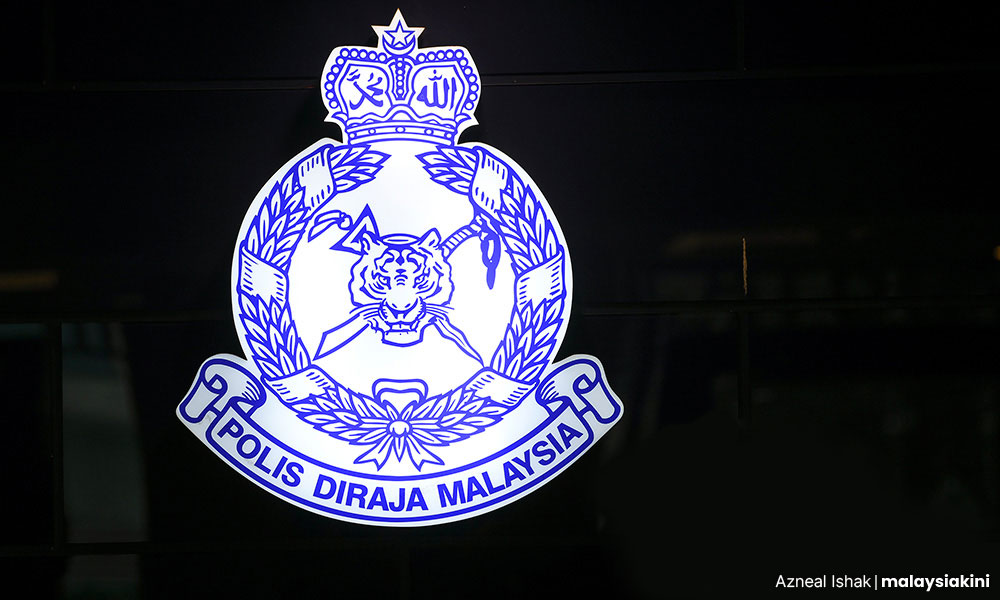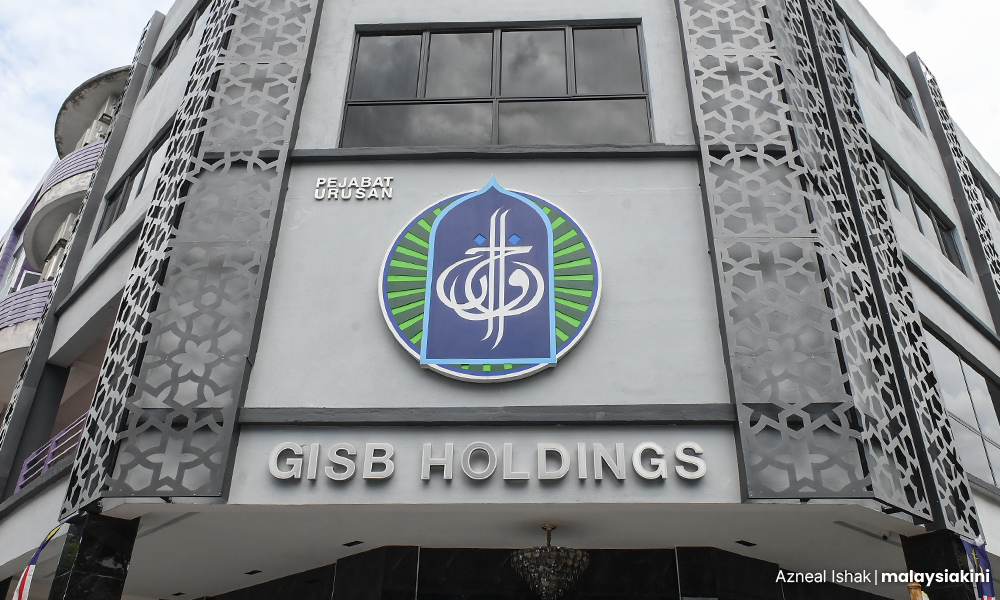“You can’t handle the truth.”
– Colonel Nathan Jessup (A Few Good Men)
The narrative that “rogue cops” are to be blamed for the kidnappings of Pastor Raymond Koh and Amri Che Mat should be rightfully dismissed by rational-thinking Malaysians.
Excerpts from the government's now declassified reports were read out aloud by Zamri Yahya, a member of the Home Ministry's Special Task Force (STF).
However, it was strange for Zamri, a former police Integrity and Standard Compliance Department director, to say that his testimony on the “rogue cops” - either acting alone or in collusion outside religious groups - was only his “view” because this was the findings of the STF which Zamri was a part of.
So what is he trying to say? That people should dismiss his views even though these are the findings of the STF?
We can easily dismiss that these were rogue cops working on their own because what would have been their purpose for kidnapping these two men?
Operatives from the state security apparatus do not simply go around kidnapping citizens, and there are always reasons, either legal or extrajudicial, for their actions.
In other words, operators in situations like these are merely the crude instruments of the state and not the minds behind the actions.
What have we learnt about the state security apparatus? The police force has become a culture of its own, succoured by religion, racialism, and handouts, riddled with corruption and sharing a symbiotic relationship with the criminal underclass of Malaysian society.
And they are also beholden to political masters who have always been engaged in protracted internal power struggles.
Now, of course, the second part of this equation, that these rogue cops were working with outside religious groups, is extremely plausible.
Not acting alone
First, it means that these cops were not going “rogue” but were acting under the instructions of these “outside religious groups”.
Now, why they were following the order of these outsiders is yet to be determined, but the Global Ikhwan Services and Business Holdings (GISBH) scandal has exposed the extent of how religious and political influence is hardwired into the state security apparatus.

We know from the Suhakam inquiry into the kidnapping of Amri, for instance, that his wife, Norhayati Ariffin, had claimed that her husband was taken by the Special Branch.
It was because this was relayed to her by Perlis Special Branch officer Shamzaini Mohd Daud, who later denied revealing any such information.
However, “…the panel accepted Norhayati’s version of events as they had found the police officer’s testimony to be ‘incongruous’ and ‘full of inconsistencies’.”
Keep in mind that the Suhakam found that not only were the two kidnappings similar, but the tradecraft displayed in both kidnappings were nearly identical.
So, what we can surmise is this was a professional removal, which is a far cry from how the state security apparatus treated these two cases of kidnappings.

Furthermore, Suhakam noted that a Special Branch asset, Saiful Bahari Abdul Aziz, whose car was present in both cases, has persistently refused to testify.
But wait. The task force created during the Pakatan Harapan regime led by former prime minister Dr Mahathir Mohamad was also a troubling read.
It’s because, as reported in the press, not only was Saiful a person of interest who needed to be questioned, but 10 other people attended a meeting in October, a month before Amri’s disappearance, which included “Perlis state mufti Mohd Asri Zainul Abidin and several police officers.”
The fact that both men were under observation by the Selangor and Perlis state religious boards should tell us something about these kidnappings.
Keep in mind that the state security apparatus had attempted to paint Koh’s kidnapping as related to a 2017 shootout in Kedah, which the panel refused to accept because – “they had found testimonies on this operation from the police and former inspector-general of police Khalid Abu Bakar to be distorted, illogical, and ‘full of inconsistencies and material contradictions’.”
Citizens of this country were kidnapped in a paramilitary style, and all circumstantial evidence points to the connivance of the state.
At this point, I am less interested in why Koh and Amri were kidnapped, but I am keen to know who ordered it.
While the former Umno state may be complicit in covering these crimes, what we have witnessed so far is that because the country was run by an incompetent kleptocrat, there have been factions within the government who may have been operating without supervision.
This is what happens when the machinery of government is used to cover up the alleged crimes of their political masters, and nobody is interested in minding the house.
Learning from GISBH scandal
What has the GISBH scandal taught us? It showed us that the state security apparatus, the religious bureaucracy and the political class, for whatever reasons, turned a blind eye or were wilfully ignorant of crimes and abuse going on in a big Muslim enterprise.
Now, you can either believe that these institutions were staggeringly incompetent (do not get me wrong, I could make a case for that) or they are elements within these organisations which were sympathetic to GISBH.

And we have to apply the same kind of thinking to the disappearance of Koh and Amri.
Who had the power (if this allegation is true) to order a tactical squad to kidnap Malaysians for whatever reasons?
Who had the authority to issue such commands, and who felt secure enough that their crime would go unsanctioned by any elected government?
And who had the political influence to concoct such a manoeuvre that bypassed the traditional state security apparatus and mete out whatever fate befell these people?
Whoever these people are, they are confident that the narratives of the state security apparatus would shield them from whatever repercussions or sanctions of the Madani regime.
And so far, they are right. - Mkini
S THAYAPARAN is Commander (Rtd) of the Royal Malaysian Navy. Fīat jūstitia ruat cælum - “Let justice be done though the heavens fall.”
The views expressed here are those of the author/contributor and do not necessarily represent the views of MMKtT.




No comments:
Post a Comment
Note: Only a member of this blog may post a comment.